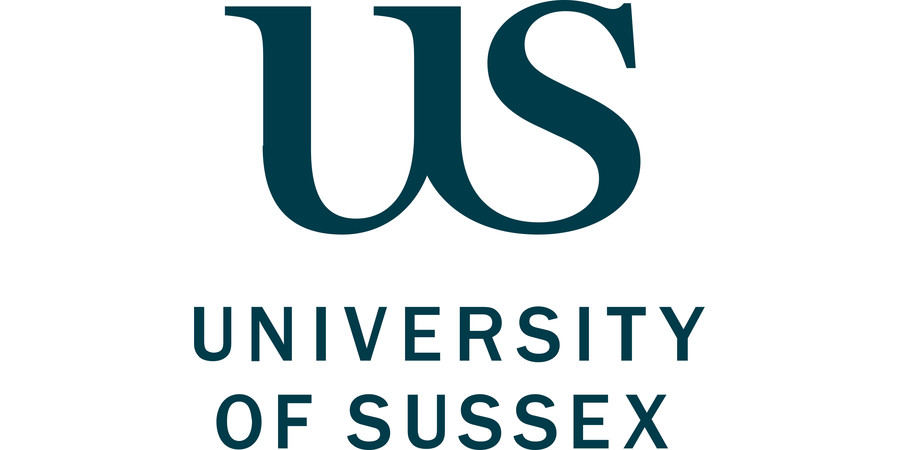PhD Engineering Studentship - Modelling, Analysis and Optimisation of Friction Damping in Critical Structures
University of Sussex
| Qualification Type: | PhD |
|---|---|
| Location: | Falmer, Hybrid |
| Funding for: | UK Students, EU Students |
| Funding amount: | £27,000 |
| Hours: | Full Time |
| Placed On: | 27th November 2025 |
|---|---|
| Closes: | 27th February 2026 |
The complex machinery structures are usually subjected to dynamic loading, which can cause high vibration levels. The vibration levels occurring during the resonance vibrations, when the vibration levels can become extremely high, may lead to failures and disintegration of the structures. In critical structures, such failures cause not just the loss of the ability to operate but to much more grave and sometimes catastrophic outcomes. One of the most efficient ways to limit vibration levels is the application of special damping devices designed to limit the resonance vibration by dissipation of the vibrational energy.
This project is intended to perform numerical analysis and modelling aimed at the optimisation and development of effective friction dampers. The research studies on friction damping will be performed for one of the most important classes of critical structures: bladed disks in gas-turbine engines. The variable rotation speeds, complex loading and operating conditions cause significant blade vibrations in these engines. These vibrations, if not properly controlled and reduced, can lead to premature blade failure due to high-cycle fatigue, reducing the efficiency and safety of the gas-turbine engines. The development of robust damper devices that reduce the vibration levels is of paramount importance. The advanced large-scale finite element models of structures will be applied together with already developed models and methods for the calculation of vibrations, allowing for strongly nonlinear interactions at friction contact interfaces
The overall goal is to develop and gain insight into the effects of friction dampers of different designs, and to develop approaches for effective damping of resonance vibrations across a wide range of possible vibration modes in bladed disks. The results should allow the industrial customer, who funds this project, to make effective design decisions aimed at increasing the lifetime and efficiency of gas-turbine engines.
The PhD Engineering studentship will be performed under the supervision of Dr Evgeny Petrov.
Funding
As a recipient of this studentship, you will receive:
- a tax-free stipend at the standard rate for 3.5 years- currently £27,000 pa for 25/26
- a fee waiver at the UK rate for 3.5 years
- a one-off Research and Training Support Grant of £2,000
Eligibility
The PhD position would suit motivated candidates with knowledge and interest in structural dynamics, finite element analysis, programming and numerical methods. Applicants are expected to have achieved a First class (or, in special cases, an upper-class, 2:1) honours MEng/MSc degree or equivalent in Mechanical, Aerospace Engineering or other related courses.
Applications will be accepted until the position is filled, although the selection process will start from 10 December 2025.
Advert information
Type / Role:
Subject Area(s):
Location(s):









